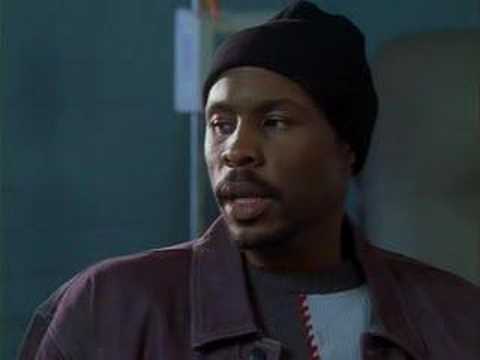Captain Edward Smith’s Practical Guide to Recognizing Icebergs from Quite a Long Way Away

Andrew Gelman has alerted me to the existence of this.
Averting Catastrophe explores how governments ought to make decisions in times of imminent disaster. Cass R. Sunstein argues that using the “maximin rule,” which calls for choosing the approach that eliminates the worst of the worst-case scenarios, may be necessary when public officials lack important information, and when the worst-case scenario is too disastrous to contemplate.
Cool cool cool. I mean it’s not like Cass R. Sunstein told everyone less than a year ago that COVID-19 was no big deal, right? Right?
At this stage, no one can specify the magnitude of the threat from the coronavirus. But one thing is clear: A lot of people are more scared than they have any reason to be. They have an exaggerated sense of their own personal risk.
How come?
The best answer goes by an unlovely name: “probability neglect.” Suppose that a potential outcome grips your emotions, maybe because it is absolutely terrifying, maybe because it is amazingly wonderful. If so, there is an excellent chance that you will focus on it — and pay far less attention than you should to a crucial question, which is how likely it is to occur. . .
There are two implications. The first is that unless the disease is contained in the near future, it will induce much more fear, and much more in the way of economic and social dislocation, than is warranted by the actual risk. Many people will take precautionary steps (canceling vacations, refusing to fly, avoiding whole nations) even if there is no adequate reason to do that. Those steps can in turn increase economic dislocations, including plummeting stock prices.
The last three words of that is what poker players call a “tell.”
Eleven months later, stock prices are doing awesome, while 2.4 million people have been killed by COVID-19, so . . .
Here’s the part that gets me. If I were a Public Intellectual who specialized in telling people how to distinguish good from bad advice, and just a few months ago I had given people catastrophically bad advice about what turned out to be the worst public health crisis in America in the last 100 years, I’d like to think that I would have the wit to not talk about that particular topic at all any more, or at the very least observe a decent interval of prudential silence.
What I definitely wouldn’t do is to publish, fifteen minutes later, a whole book entitled “Averting Catastrophe: Decision Theory for COVID-19, Climate Change, and Potential Disasters of All Kinds.”
Please take my advice.
Please take my advice.
I’ve been thinking a lot lately about how so many people seem to dream of living a consequence-free existence, and in particular how they aspire to be part of the Elite for this reason above all. If you’re part of the Elite, you see, you can be wrong over and over again in the most public and catastrophic ways, and it doesn’t make any difference!
Now why is that? In the world of legal academia the answer isn’t mysterious, as I pointed out last year when Sunstein and Richard Epstein were making fools of themselves in ways that have helped kill a whole lot of people in the months since:
This episode should have destroyed both Epstein’s and Sunstein’s fantastically overblown reputations. Of course it won’t, because law in general and legal academia in particular are about power rather than knowledge, and because not coincidentally the latter institution is full of hierarchy-worshiping intellectual and moral cowards, who cling to their sinecures by treating people like Epstein and Sunstein with a cringing deference that is, under the circumstances, nothing less than nauseating.
That was a pretty cruel (but fair), yet even I would not have imagined that one of these jokers would then immediately turn around and write a book telling people how to avert something like the COVID-19 catastrophe.
What next, yet more words of wisdom on foreign policy from Dick Cheney and Paul Wolfowitz? How to Handle a Major Recession for Dummies, by Larry Summers?
Outside the Magic Circle, there are no mulligans, no second chances, no letting bygones be bygones. In that world, the ice cold motto is, never be a little slow, never be a little late. But how you ain’t never going to be slow, never be late?


